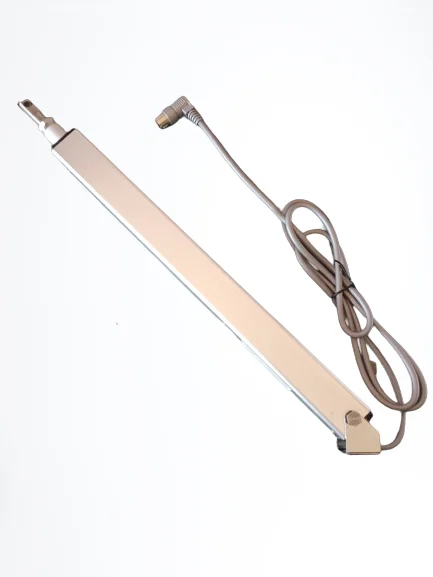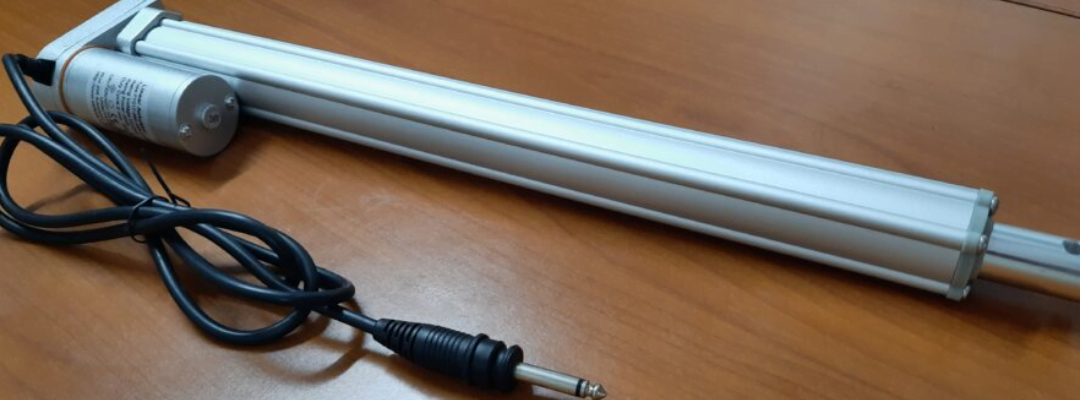Electric actuators are essential components in various industries, automating tasks, and improving efficiency. They come in different shapes and sizes, each designed for specific applications. In this article, we will focus on a specific type of electric actuator – the rotary electric actuator. We’ll delve into its types, functions, and applications, providing a comprehensive understanding of these versatile devices.
What is an Actuator?
An actuator is a mechanical device that converts energy into motion. Electric actuators achieve this by using electrical energy to create rotational or linear motion. In this article, we’re particularly interested in rotary electric actuators, which convert electrical energy into rotary motion.
How Does a Rotary Electric Actuator Work?
Rotary electric actuators work by utilizing an electric motor to generate rotational movement. These actuators often include a power source, such as a motor, and a control system that determines the direction and speed of rotation. As the motor turns, it drives a mechanical load or a shaft, allowing it to rotate or oscillate. This controlled motion is used to perform a wide range of tasks in various applications.

Types of Rotary Electric Actuators
There are several types of rotary electric actuators, each with unique characteristics and applications. Let’s explore some of the most common ones:
- Worm Gear Actuators: These actuators use a worm gear mechanism to achieve precise and slow rotation. They are often used in applications requiring high torque and low speed, such as in industrial valves and conveyor systems.
- Gear Motor Actuators: Gear motor actuators combine an electric motor with a gear mechanism, providing a balance between speed and torque. They find applications in automotive systems, robotics, and home automation.
- Servo Actuators: Servo actuators are known for their high precision and are often used in applications that require accurate positioning and control, such as CNC machines and robotics.
- Linear Actuators with Rotary Functionality: Some linear actuators are designed to produce rotary motion by converting linear motion into rotary motion. They are used in situations where space constraints limit the use of traditional rotary actuators.
Applications of Rotary Electric Actuators
Rotary electric actuators are found in a wide range of industries due to their adaptability and precision. Here are some notable applications:
- Industrial Automation: Rotary electric actuators are used to control and manipulate machinery, conveyor systems, and industrial robots, enhancing production processes.
- Valve Control: Actuators are integral in controlling valves in various industries, including water treatment plants, oil and gas refineries, and chemical processing facilities.
- Aerospace: In the aerospace industry, electric actuators are used in control surfaces, landing gear systems, and engine thrust vectoring.
- Healthcare: Electric actuators play a crucial role in healthcare equipment, such as hospital beds and dental chairs, allowing precise adjustment for patient comfort.
- Automotive: In the automotive industry, they are used in car seat height adjustment mechanisms and convertible roof systems.
- Home Automation: Electric actuators are used in home automation systems for tasks like opening and closing windows, controlling blinds, and adjusting home theater seating.
- Greenhouse Automation: In agriculture, actuators are employed for greenhouse automation, managing ventilation and shading systems.
- IoT Devices: Actuators are integral to the Internet of Things (IoT) and are used in smart devices for tasks like locking doors, adjusting thermostats, and controlling appliances.
Electric Actuator Manufacturers in India
In India, several manufacturers produce high-quality electric actuators to meet the growing demand. These manufacturers include Kathir Sudhir Automation Solutions and many others, providing a diverse range of actuators for various applications.
In conclusion, rotary electric actuators are versatile devices with a wide range of applications, from industrial automation to healthcare and home automation. As technology continues to advance, the role of these actuators in various industries will only expand, contributing to increased efficiency and automation across the board. Whether you need precise control or high torque, there is likely a rotary electric actuator suitable for your specific application.


Wow, wonderful blog layout! How long have you ever been running a blog for?
you make running a blog look easy. The full look of your website
is great, as smartly as the content material!
Wow, incredible blog structure! How lengthy have you
been blogging for? you make running a blog look easy. The entire glance of your website is magnificent, let alone the content
material!